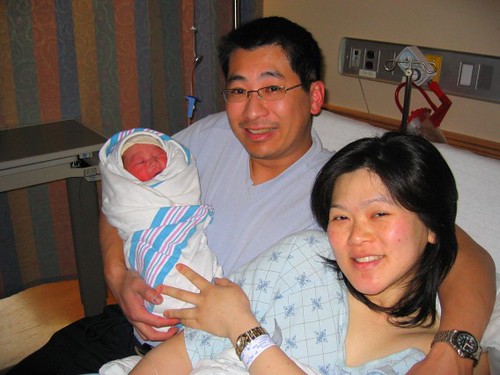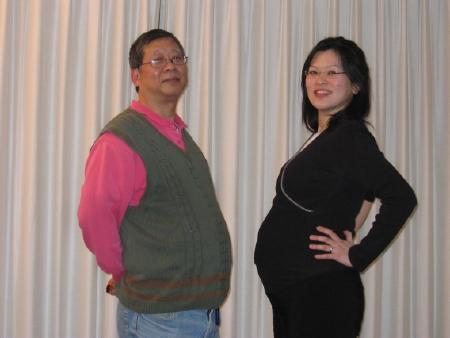On the front page of the Toronto Star newspaper today was an essay by James Loney. He was abducted in Iraq by Islamic militants and held hostage for three months and shares his life-altering experience. Full article here.
I felt the below excerpt was deeply profound:
I am learning many things from my captivity, and have a universe of things to be grateful for. Among them is a new and deep appreciation for the women and men who wear the uniform of military service. I likely would not be writing this today if it were not for them. Thus, I am confronted with a great paradox. I, the Christian pacifist peacemaker, am alive, am free because of the very institutions I believe are contrary to Christian teaching.
Christ teaches us to love our enemies, do good to those who harm us, pray for those who persecute us. He calls us to accept suffering before we inflict injury. He calls us to pick up the cross and to lay down the sword.
We will most certainly fail in this call. I did. And I'll fail again. This does not change Christ's teaching that violence itself is the tomb, violence is the dead-end. Peace won through the barrel of a gun might be a victory but it is not peace. Our captors had guns and they ruled over us. Our rescuers had bigger guns and ruled over the captors. We were freed, but the rule of the gun stayed. The stone across the tomb of violence has not been rolled away.
I'm learning that there are many kinds of prisons and many kinds of tombs. Prisons of the mind, the heart, the body. Tombs of despair, fear, confusion. Tombs within tombs and prisons within prisons.
There are no easy answers. We must all find our way through a broken world, struggling with the paradox of call and failure. My captivity and rescue have helped me to catch a glimpse of how powerful the force of resurrection is. Christ, that tomb-busting suffering servant Son of God, seeks us wherever we are, reaches for us in whatever darkness we inhabit.
May we reach for each other with that same persistence. The tomb is not the final word.




